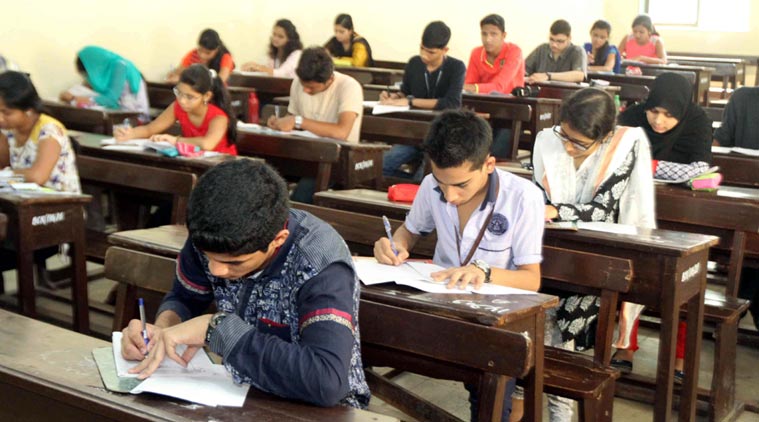SC Dismisses Challenge Against Karnataka Govt Decision To Hold Class X Exams From June 25
Nilashish Chaudhary
17 Jun 2020 2:47 PM IST

Next Story
17 Jun 2020 2:47 PM IST
The Supreme Court on Wednesday paved the way for Class 10 SSLC Board examinations to be conducted in Karnataka as scheduled, from June 25 to July 4.A Bench comprising of Justices L Nageswara Rao, Krishna Murari and S Ravindra Bhat dismissed a plea challenging a Karnataka High Court Order, which had refused to intervene in the State Government's decision.Appearing for the petitioner,...
